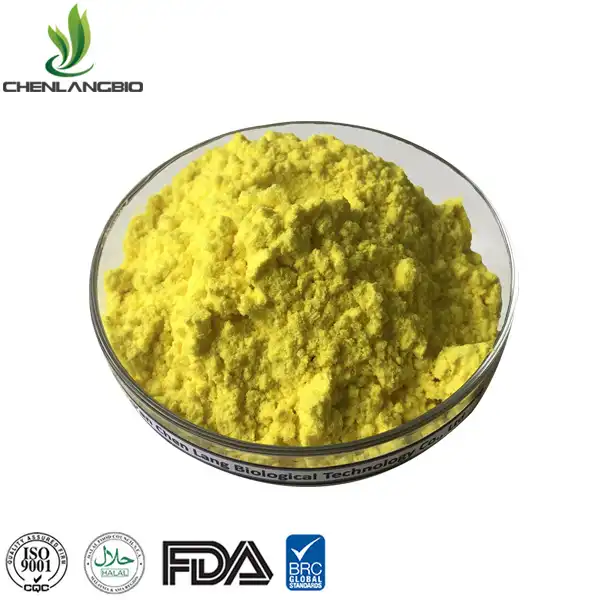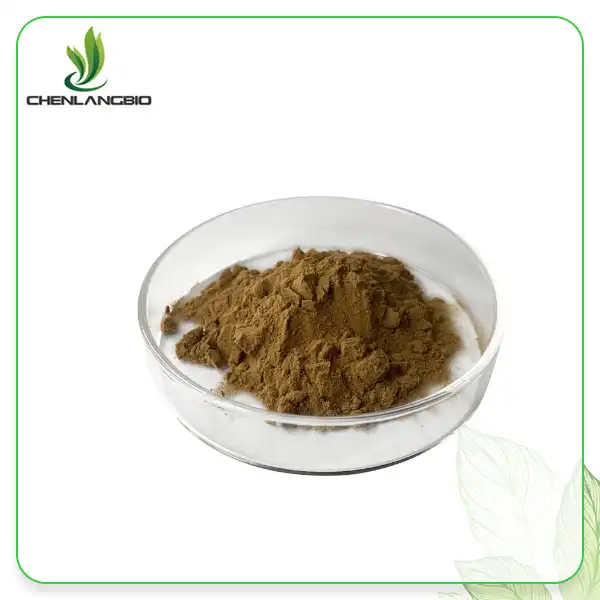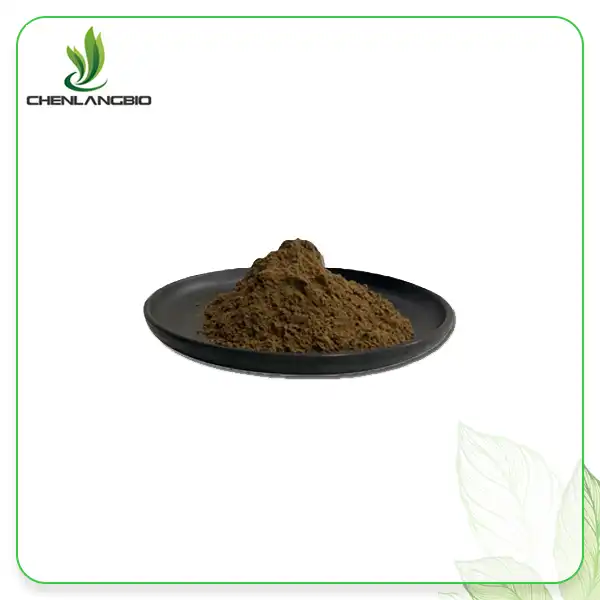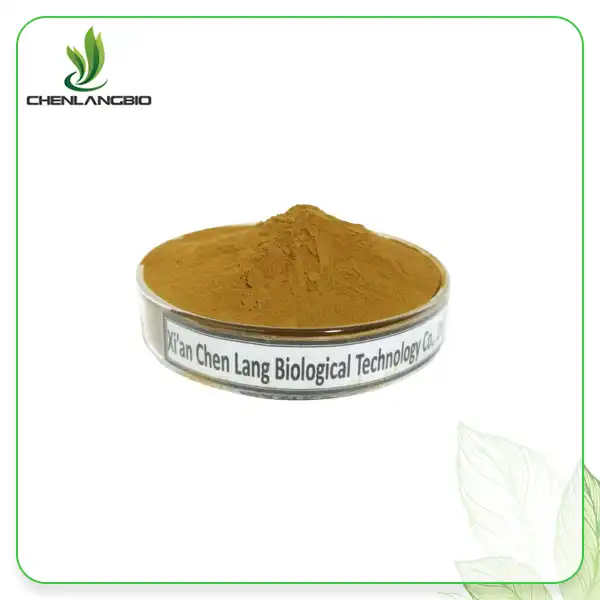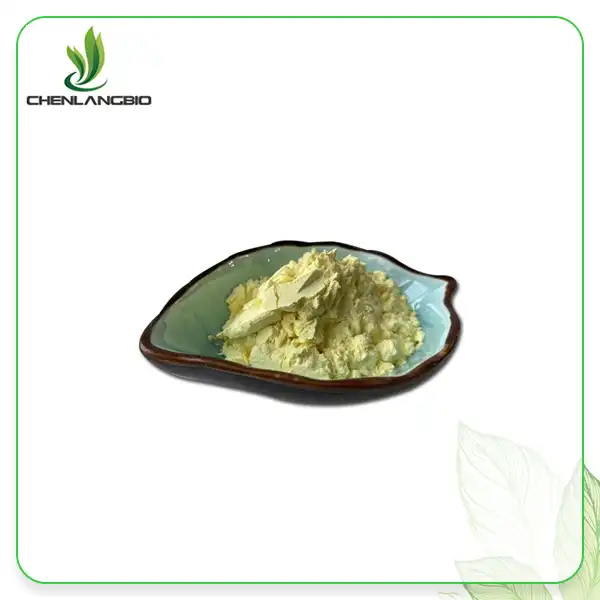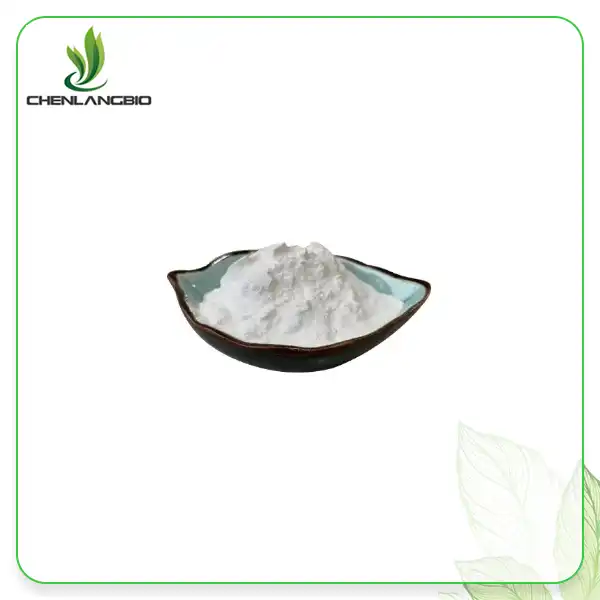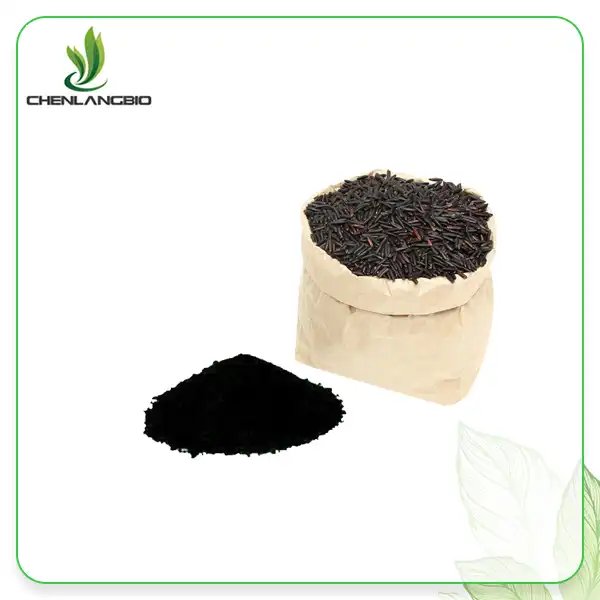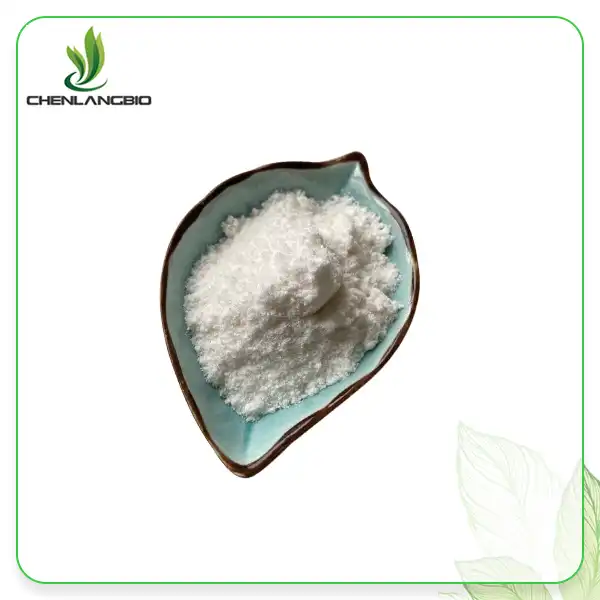Does All Green Tea Have EGCG?
2024-05-11 18:56:05
Does all green tea have egcg
As an avid tea enthusiast, I've often pondered the question: does all green tea contain EGCG? In this comprehensive exploration, I aim to unravel this query by delving into the scientific literature and consulting reputable sources to provide readers with a clear understanding of EGCG presence in green tea.
Understanding EGCG and Its Significance
EGCG, or epigallocatechin gallate, is a polyphenol and powerful antioxidant found transcendently in green tea. Eminent for its various wellbeing benefits, counting antioxidant and anti-inflammatory properties, EGCG has gathered critical consideration from both analysts and customers alike. Its potential part in combating incessant infections such as cancer and heart illness has made it a subject of broad logical inquiry.

Analyzing EGCG Content Across Different Green Tea Varieties
To discover whether all green tea contains EGCG, it's vital to analyze the EGCG substance over different green tea assortments. By counseling trustworthy sources such as logical diaries and scholarly distributions, I looked for to reveal the predominance of EGCG in distinctive sorts of green tea. Opposite to well known conviction, not all green teas are made rise to in terms of EGCG substance. Components such as tea handling strategies, developing conditions, and leaf quality can essentially affect the concentration of EGCG in the last product.
Exploring the Role of EGCG in Green Tea Health Benefits
The nearness of EGCG in green tea is closely related with its horde wellbeing benefits. From advancing cardiovascular wellbeing to supporting in weight administration, EGCG plays a urgent part in supporting in general well-being. By acting as a capable antioxidant, EGCG makes a difference neutralize free radicals and decrease oxidative push, in this manner relieving the chance of incessant maladies. Moreover, EGCG has been appeared to show anti-cancer properties by restraining tumor development and metastasis, highlighting its potential restorative applications.
Addressing Common Misconceptions About EGCG in Green Tea
Addressing common misconceptions about EGCG in green tea is crucial for providing accurate information to consumers and promoting informed decision-making about tea consumption. Here are some key points to consider when discussing EGCG:
Not All Green Teas Contain Equal Levels of EGCG: As you mentioned, EGCG content can vary significantly among different types of green tea. Factors such as processing methods, growing conditions, and leaf quality can all influence the concentration of EGCG in the final product. Therefore, it's essential to recognize that not all green teas offer the same health benefits attributed to EGCG.
EGCG is One of Many Catechins in Green Tea: While EGCG is often highlighted for its potential health benefits, it's essential to remember that green tea contains a variety of catechins, which are a type of antioxidant. Other catechins found in green tea include epicatechin (EC), epicatechin gallate (ECG), and epigallocatechin (EGC). These compounds can also contribute to the overall antioxidant activity and health effects of green tea.
Potential Health Benefits of EGCG: While research suggests that EGCG may have antioxidant, anti-inflammatory, and potential anti-cancer properties, it's essential to approach these findings with caution. Many studies have been conducted in laboratory settings or animal models, and more research is needed to confirm the specific health effects of EGCG in humans. Additionally, the concentration of EGCG required to exert these effects may vary, and individual responses can differ.
Considerations for Consumption: While green tea can be a healthy beverage choice for many people, it's essential to consider individual factors such as overall diet, lifestyle, and any underlying health conditions. Drinking excessive amounts of green tea, which is high in caffeine, may have adverse effects for some individuals, such as insomnia, anxiety, or gastrointestinal issues. Moderation and balance are key when incorporating green tea into a healthy lifestyle.
Practical Tips for Maximizing EGCG Absorption
Maximizing EGCG absorption can enhance the potential health benefits of green tea consumption. Here are some practical tips to consider:
Choose High-Quality Green Tea: Opt for high-quality green tea varieties that are rich in EGCG. Look for teas made from young tea leaves, as they tend to contain higher levels of EGCG compared to older leaves.
Consider Matcha: Matcha is a powdered form of green tea made from finely ground tea leaves. Because you consume the whole leaf when drinking matcha, it typically contains higher levels of EGCG compared to traditional steeped green tea.
Brew with Hot Water, Not Boiling: When brewing green tea, use hot water that is below boiling temperature (around 160-180°F or 70-80°C). Boiling water can degrade some of the delicate compounds in green tea, including EGCG.
Steep for the Right Amount of Time: Steep green tea for the appropriate amount of time to extract optimal levels of EGCG without causing bitterness. Generally, steeping green tea for 2-3 minutes is recommended, but this may vary depending on the type of tea and personal preference.
Consider Adding Citrus: Some research suggests that adding citrus juice, such as lemon or lime, to green tea may enhance the absorption of EGCG. Citrus fruits contain vitamin C and other compounds that can help stabilize EGCG and improve its bioavailability.
Avoid Adding Milk: While adding milk is common with black tea, it's best to avoid adding milk to green tea. Some studies suggest that milk proteins can bind to EGCG and reduce its absorption in the body.
Pair with Foods High in Quercetin: Quercetin is a flavonoid found in foods like apples, berries, onions, and kale. Some research suggests that quercetin can enhance the absorption of EGCG. Consider pairing green tea with foods rich in quercetin for added benefits.
Conclusion
In conclusion, the presence of EGCG in green tea underscores its status as a nutritional powerhouse with numerous health benefits. While not all green teas contain uniform levels of EGCG, incorporating high-quality green tea into one's diet can provide a valuable source of this potent antioxidant. By dispelling common misconceptions and offering practical tips for maximizing EGCG absorption, this article aims to empower readers to make informed choices about their green tea consumption habits. Whether enjoyed hot or cold, green tea remains a refreshing beverage that not only tantalizes the taste buds but also nourishes the body with its beneficial properties.Please send inquiry to Email: admin@chenlangbio.com if you want to buy mangiferin.
Send Inquiry
Related Industry Knowledge
- Is Hydroxyphenyl Propamidobenzoic Acid Suitable For All Skin Types
- Why Bodybuilders Choose Turkesterone Powder?
- Can Sodium Ascorbyl Phosphate be Used with Other Ingredients?
- How is D-Luciferin Potassium Salt Administered for in Vivo Imaging?
- The Science Behind Bulk Dimethylmethoxy Chromanol
- Kola Nut Extract Powder for Weight Management
- Does Praziquantel Treat Tapeworms
- Is Alpha-GPC a Good Nootropic
- Does Lutein Extract Powder Improve Eyesight
- What's Different Between Honokiol Powder and Magnolol


